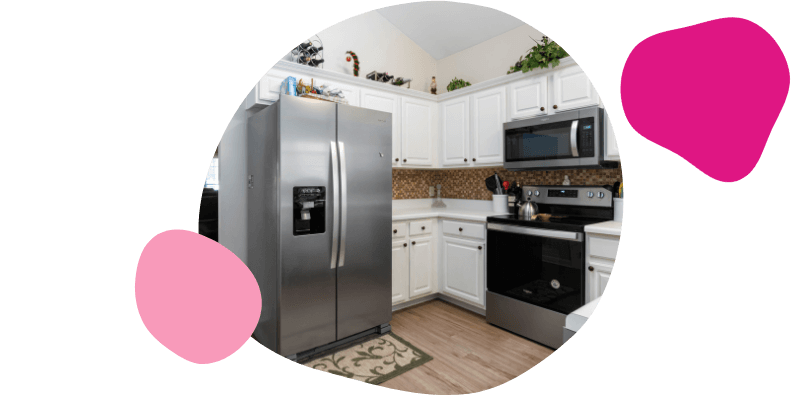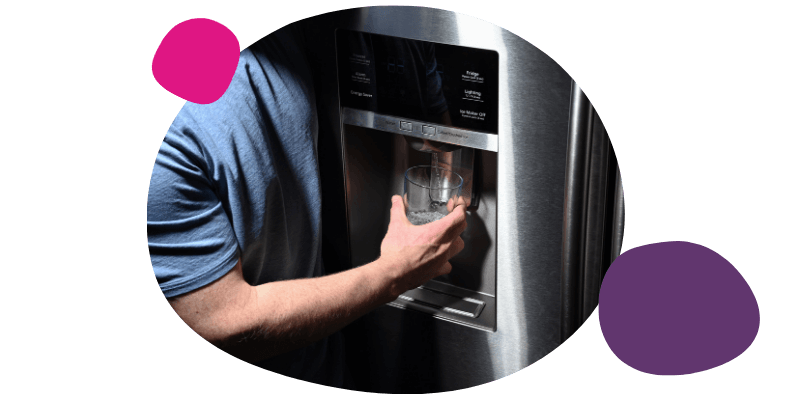Standby is far from shutdown
Standby devices still use electricity and cost the average UK home £147 each year according to British Gas. It's estimated that 55% of UK households leave appliances on standby, wasting 23% of electricity due to the energy they consume when they're not being used.
Even when switched off, some appliances sneakily use energy, this is called standby mode. Many modern devices, even when seemingly inactive, use small amounts of power.



 Broadband modems and routers
Broadband modems and routers Smart speakers
Smart speakers TV's
TV's Games consoles
Games consoles Chargers
Chargers Printers
Printers Microwave
Microwave